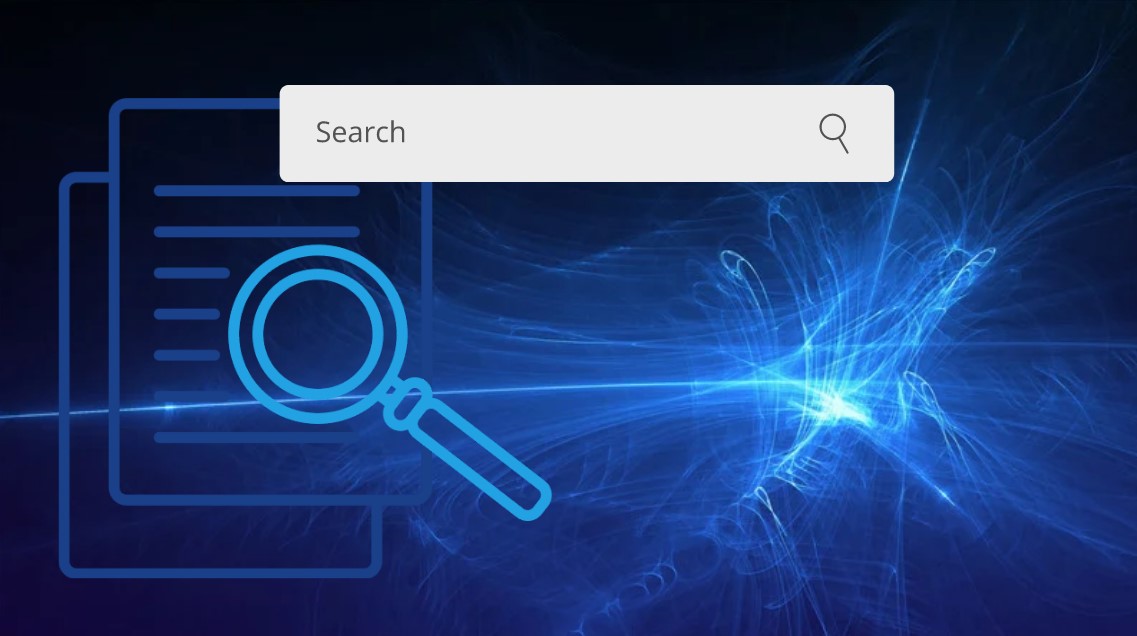Search engine web crawlers, also known as spiders or bots, are automated software programs that browse the internet, collect data from websites, and index that data in search engine databases.
What Are Search Engine Web Crawlers?
Search engine web crawlers are automated software programs that systematically browse the internet, visiting web pages and collecting data about them. Crawlers typically start with a list of URLs, known as a seed list, and then follow links on those pages to discover new pages to crawl.
As crawlers visit each page, they collect information such as page content, URL, page title, and meta tags, which they then use to create an index of web pages.
Why Are Web Crawlers Important?
Web crawlers are an essential part of search engine technology, as they are responsible for gathering data about web pages and indexing that data in search engine databases. This allows search engines to quickly and efficiently retrieve relevant results for user queries. Without web crawlers, search engines would not be able to index and organize the vast amount of information available on the internet.
How Do Search Engine Web Crawlers Work?
Search engine web crawlers typically work in four stages:
- Seed List Generation: The first step in web crawling is to generate a seed list of URLs. These URLs are typically generated by search engine algorithms or provided manually by website owners.
- Crawling: Once a seed list has been generated, the web crawler will start visiting the URLs on the list. As it visits each page, it will collect data about the page, such as page content, URL, page title, and meta tags.
- Indexing: Once the web crawler has collected data about a web page, it will store that data in a search engine database. This process is known as indexing.
- Ranking: Once a web page has been indexed, search engine algorithms will analyze the data collected by the web crawler to determine the relevance and quality of the page. This information is then used to rank the page in search engine results.
How Can You Optimize Your Website for Web Crawlers?
Optimizing your website for web crawlers can improve your search engine rankings and visibility. Here are some tips for optimizing your website for web crawlers:
- Ensure your website is crawlable: Make sure your website is accessible to web crawlers by ensuring that your website’s pages are not blocked by robots.txt files or other access restrictions.
- Use descriptive page titles and meta descriptions: Ensure that each page on your website has a unique and descriptive title and meta description that accurately reflects the content on the page.
- Use structured data: Structured data, such as schema markup, can help web crawlers understand the content and structure of your website.
- Use internal linking: Internal linking can help web crawlers discover and index all of the pages on your website.
- Optimize page load speed: Fast-loading pages can improve your website’s crawlability and search engine rankings.
Conclusion
Search engine web crawlers are automated software programs that browse the internet, collect data from websites, and index that data in search engine databases. They are an essential part of search engine technology, as they allow search engines to quickly and efficiently retrieve relevant results for user queries.

